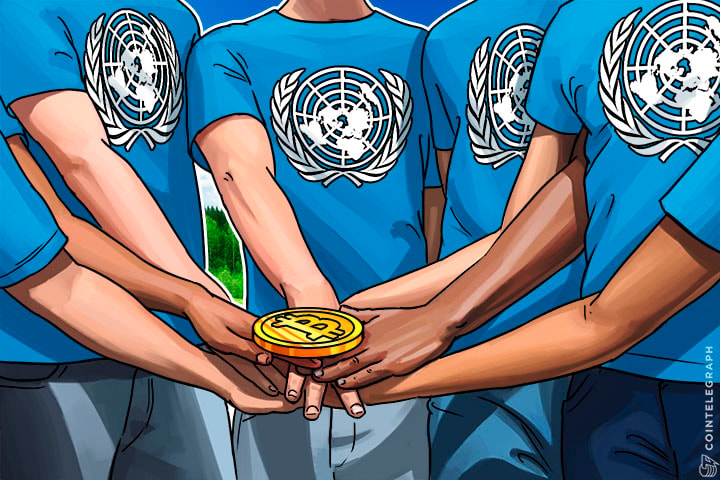The United Nations is seeking applications for volunteers to help spread Bitcoin adoption in Africa.
Posted in an ad on OnlineVolunteering.org, the UN’s volunteer portal, the post calls for qualified candidates to volunteer their time to help educate the youth of Sierra Leone about Bitcoin.
It calls for two volunteers who are fluent in English and proficient in IT and telecommunications:
“Our organization is seeking new sources of revenue and looking for alternative ways of raising funds by accepting donations in Bitcoins and expanding our global support base. We are looking for two tech geeks to help with research and training 2 staff members on how to use digital currencies (Bitcoins) for fundraising.This opportunity is available immediately and for 12 weeks although volunteer has the option to extend. Training and coaching will be online via email, hangout, Skype and Whatsapp.”
Support for a cryptocurrency-illiterate staff
The volunteering position is intended as a “resident geek” to assist staff with Bitcoin donations through a Coinbase account. None of current staff know much about Bitcoin, or how to solicit cryptocurrency donations:
“Our organization has established an account with Coinbase, a web platform and we are accepting donations in Bitcoins. None of our team members understand the digital currency and how to seek out donations. The successful volunteer will be a teacher and consultant and would not engage in any fundraising. We want to engage people outside the current financial systems as supporters and donors to a worthy cause.”
Bitcoin could solve many of Africa’s problems
The key to lie with Bitcoin. Africa’s future success may very well lie with Bitcoin. Hard economic times in nations such as Nigeria can be solved by international employment, facilitated by Bitcoin wages. Additionally, smart contracts, such as those made possible by Ethereum, could prove useful in fighting corruption, which is another rampant problem in Nigeria.
Because of these factors, Bitcoin could experience a jump in adoption in Africa, much in the same way that mobile devices have taken root all over the continent.


